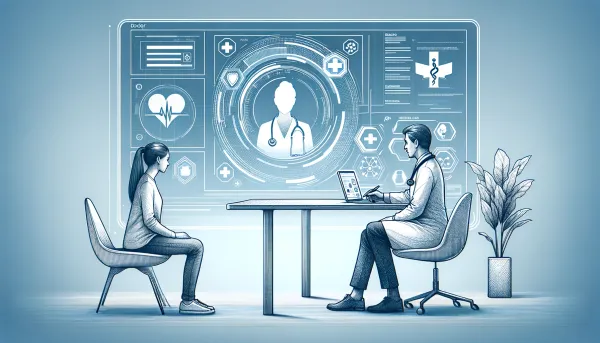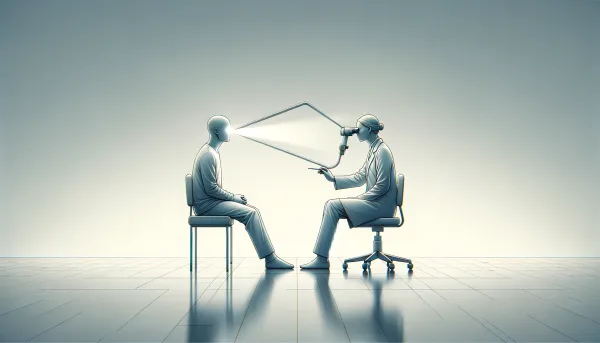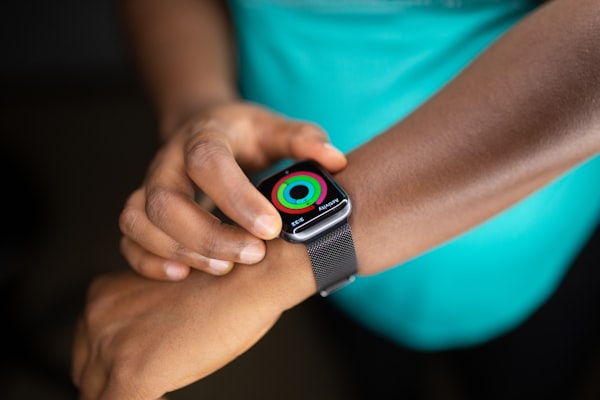Using Technology For Battling Dementia
Leveraging technology for battling dementia is a good idea. Especially given that we know next to nothing about how to treat it the old fashioned way. Might as well use tech.
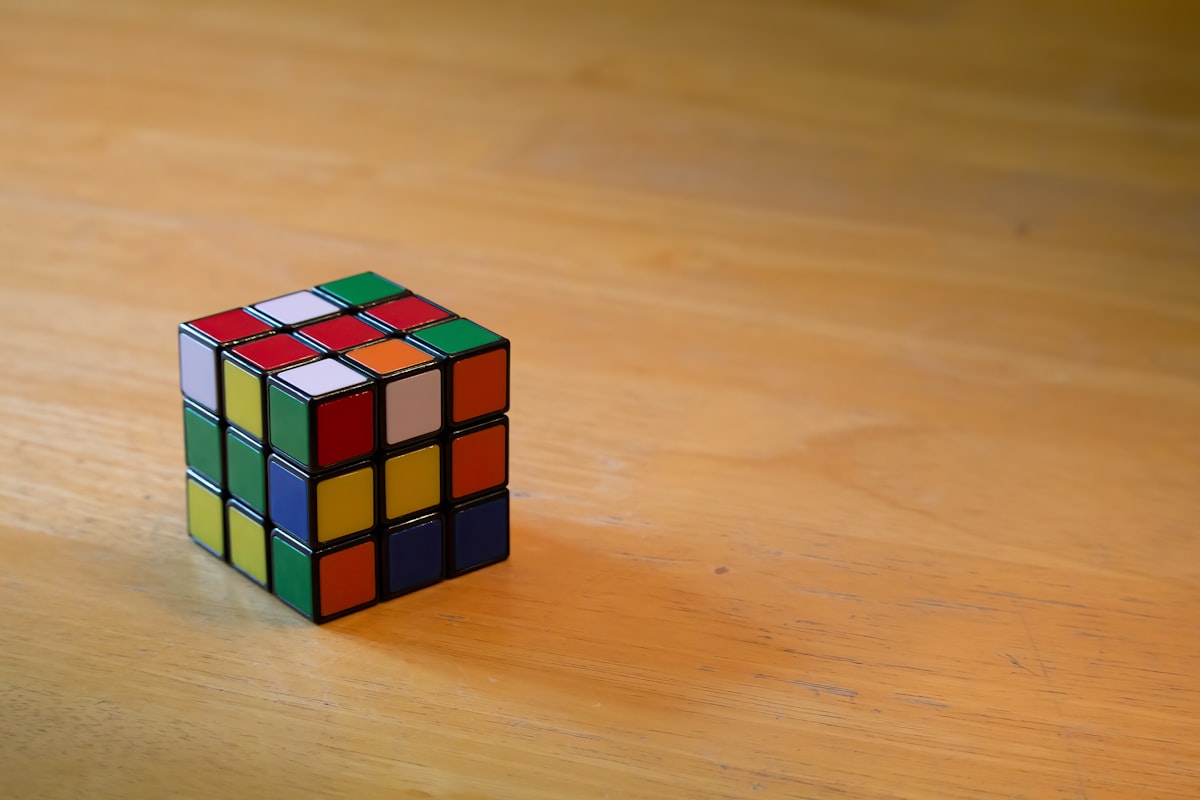
Alzheimer’s disease (AD), the leading cause of dementia, is rising with the rising age of the Earth’s population. 50 million people are living with it and 10 million people are diagnosed with it every year. Living longer has its toll on our bodies.
But are there ways to implement technology to battle dementia? By that, I don’t only mean just using technology to diagnose dementia or treat it. I also mean technologies that help people that have an advanced stage of dementia to live with it - to improve their lives and help them live better with it.
Prevention
The best cure is always prevention. So, can we use tech to lower the risk of dementia?
One of the least recognised factors around the web that presents one of the risks for dementia is chronic lack of sleep. It’s proposed that amyloid plaques build up in the brain in people that chronically lack it.

Okay, sleep…but where does tech come in? Well, just as I explored in issue #32, with the growing number of wearables available in the market, we can relatively easily measure how we sleep. This feedback is essential, so we can improve how and how much we sleep based on it. The same thing goes for exercise, which is also thought to be a possible preventive strategy against AD (according to the Harvard Health Letter).

Another argument that keeps turning up is “use it or lose it”. Being and staying cognitively active, perhaps even using apps such as Lumosity and Elevate, might also contribute to preventing AD. This is where tech is at its best. It has the power to combine fun with health in a device almost everyone has nowadays.
It’s also interesting that Lumosity and Elevate aren’t digital health apps in their essence - they don’t analyse your heart rate or blood glucose - but rather give you a set of problems to solve to keep your brain active. And could maybe even contribute to preventing AD along the way.
Diagnosis
The diagnosis of dementia usually includes analysing the CSF, images and performing cognitive tests. These are completely viable methods for its diagnosis, but with the increasing number of patients, the demand for them will outnumber the “supply” of doctors - just as with so many other chronic diseases (including diabetes). Meanwhile, we’re collecting more data than ever before, so why not use it and screen for AD, just as we screen for breast cancer?
In March 2020, when pretty much all you could read was based on the pandemic, Korean researchers published a research on how they developed and tested a machine learning model for predicting the onset of AD. “From the Korean National Health Insurance Service database between 2002 and 2010, we obtained de-identified health data in elders above 65 years (N = 40,736) containing 4,894 unique clinical features including ICD-10 codes, medication codes, laboratory values, history of personal and family illness and socio-demographics.”
They could predict the development of AD with their algorithm 1 year in advance with 71.3% accuracy. The most remarkable thing about this is that they achieved such accuracy only considering commonly tested lab data such as blood pressure, medications and other data from medical histories. Plus, the analysis didn’t base the data on invasive methods (such as CSF) or imaging, which makes the algorithm that much more accessible to all.
I think it’s important to keep developing this model to be able to diagnose it even earlier. That way patients can implement preventive measures early enough to prolong its onset.
An innovative way on how to develop these AI screening algorithms is called Mindset4Dementia. If you have an iPhone you can download their app, in which you solve 3 fun tasks (takes about 4 minutes). The app uses your answers and teaches the AI how the brain works. This is (or will be in the future) used to more accurately screen for dementia in the vulnerable part of the population. The underlying principle of collecting behavioural data from younger people to help those susceptible to dementia is amazing.
Improvement
We all know that neurodegenerative disorders are a tough one for medicine. There’s not a lot we can do in treatment.
But let’s look at the problem of dementia from a slightly different perspective. What if, instead of actually pharmacologically treating AD, we leveraged technology and introduce it into patients’ lives to improve their quality of life? That’s already being done.
First of all and perhaps a little self-explanatory is “assistive” technology that “promotes autonomy and independence, manage potential safety risks around the home and reduce stress.”
- Some modifications to devices as simple as clocks and electrical appliances can be of tremendous help.
- Smartphone manufacturers are more and more focused on making their products accessible.
- Automated reminders for taking medication or locking the door when they leave. Simultaneously a GPS tracker is useful to prevent patients from wandering off.
- Finally, why shouldn’t we develop home care robots to relieve the caregiver burden? Maybe sometime in the future.
You can find more ideas and products with in-depth analysis in this article:

The other spectrum of improving patients’ lives is by attempting to treat AD. Although there currently isn’t really any “traditional” treatment available, an exciting technology is deep brain stimulation (DBS). DBS is hypothesised to be able to treat AD (and also Parkinson’s disease). But studies show some success with stimulating nucleus basalis of Meynert (NBM) and fornix.
Even more exciting news came in late August, when Neuralink introduced their brain implants and hinted that they could be able to use this to even treat memory loss. They weren’t very specific about it as this type of technology is currently in its infancy. But once they start reaching deeper brain structures this might become a reality. Read the summary in issue #25.
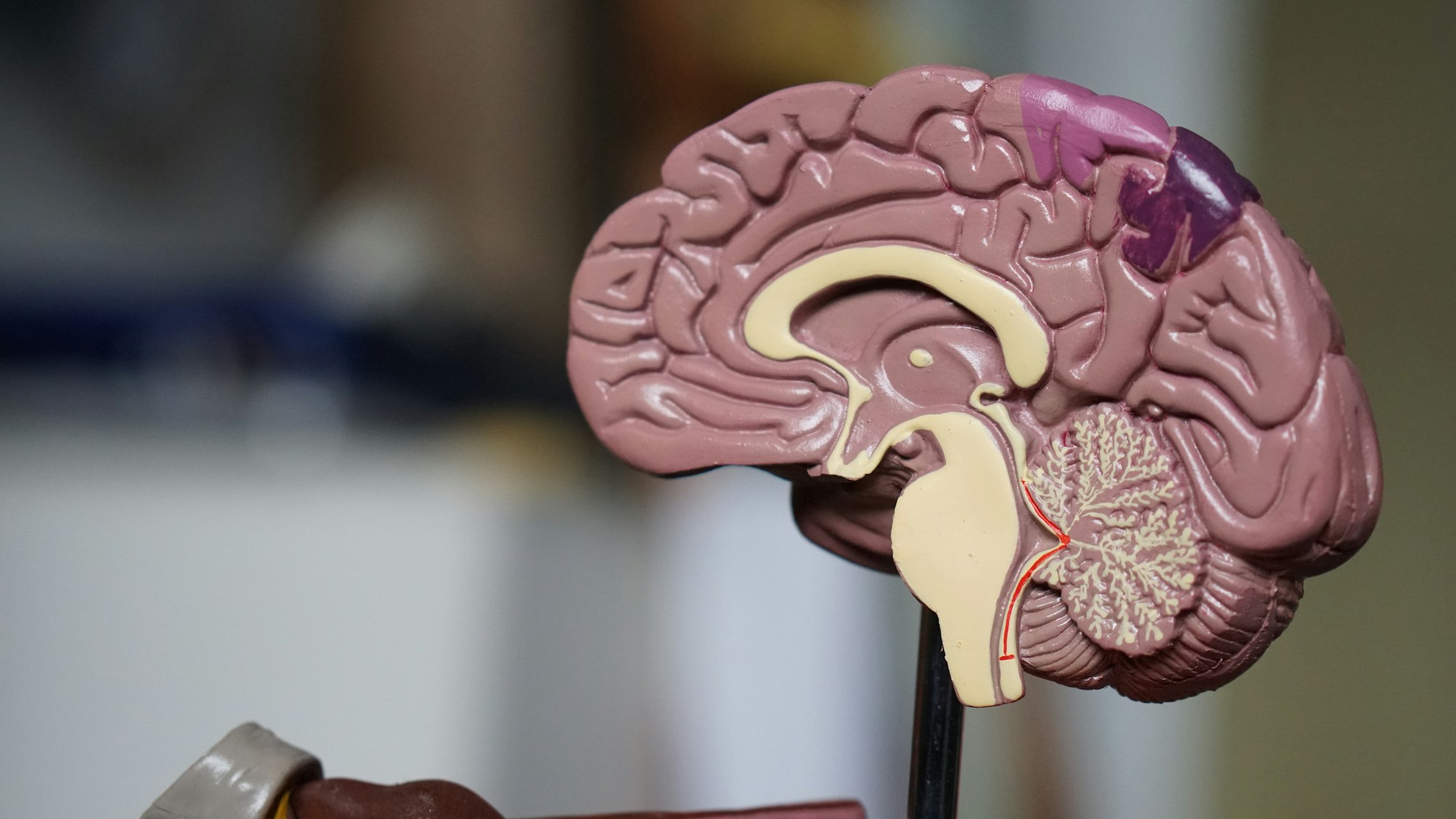
Links to keep an eye on
Paper: The latest Nature Medicine features an analysis of how the US biomedical and medical research did under the Trump administration. In general, the NIH saw budget increases, especially when the pandemic hit. But I’m featuring this because Trump administration made AI research in medicine the “centrepiece of its science policies”. With that, I’m also trying to promote awareness that not everything that most report and believe was that bad.

Big Tech in Health: Just this week, Amazon jumped into delivering prescription medication to your home. According to an NPR article “prescription drugs are an industry worth hundreds of billions of dollars — and more people have turned to ordering medications by mail during the coronavirus pandemic. Analysts say Amazon's move could particularly affect smaller drugstores”.
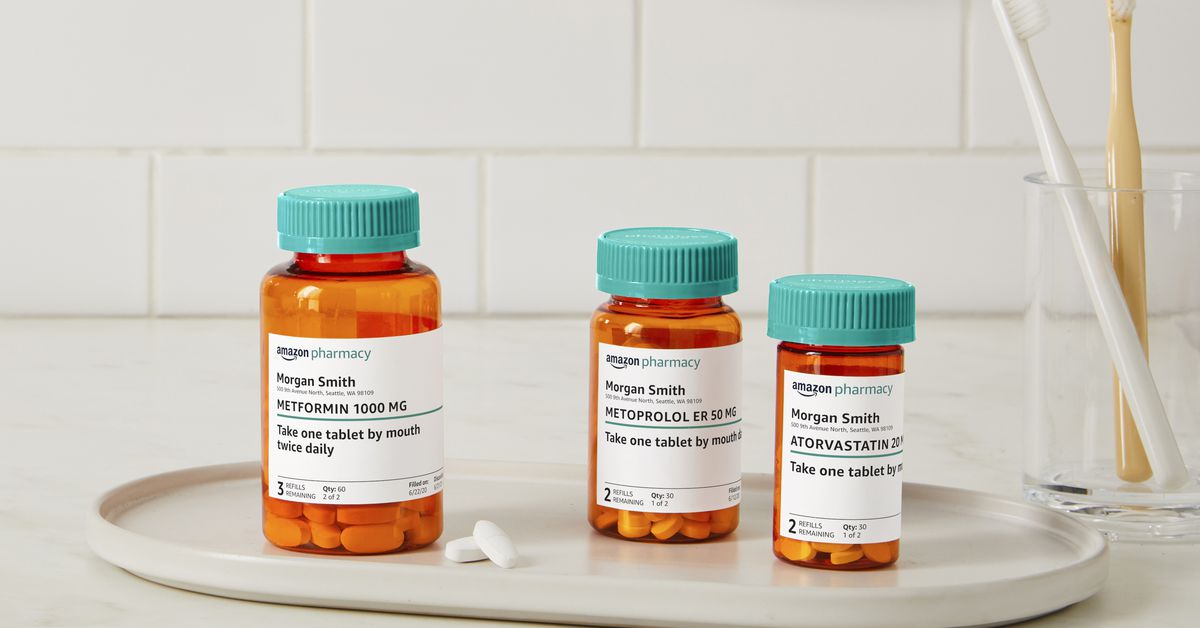
Coaching: I recently discovered Gyroscope, which is a health coaching platform. By signing up for a subscription and using their app you get a coach, who helps you stay healthy. They call themselves “a new operating system for the human body”. I find the principle interesting and like the idea.




